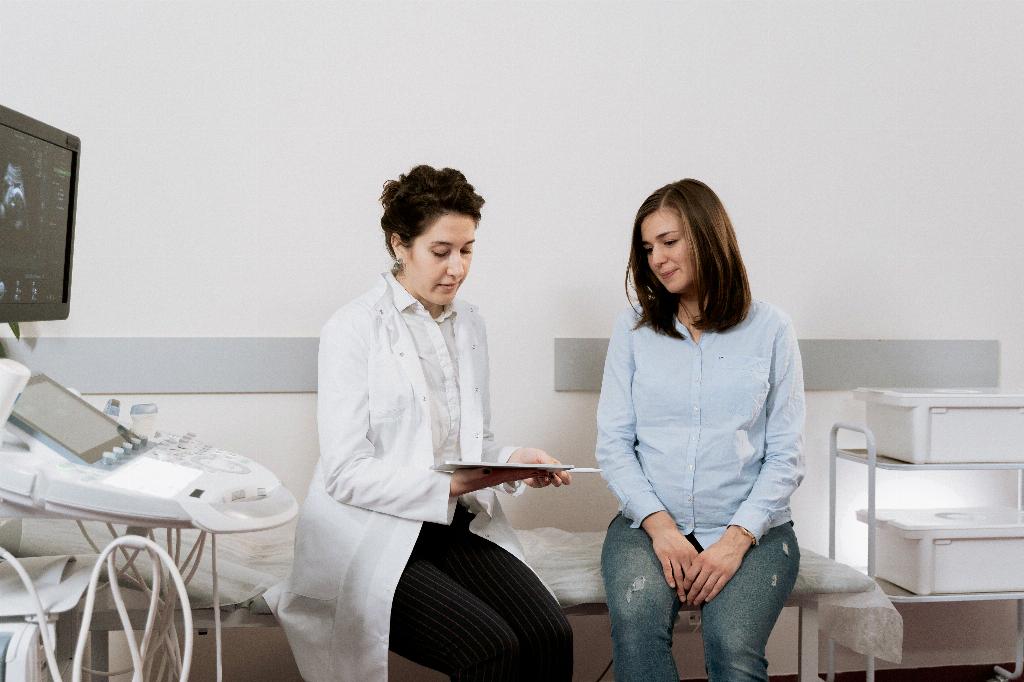When it comes to pregnancy, there are many factors to consider in order to ensure the health and well-being of both the mother and the baby. Streptococcus is a type of bacteria that can be present in the body without causing any harm, but in certain cases, it can lead to serious complications, especially during pregnancy.
What is Streptococcus?
Streptococcus is a group of bacteria that can be found in various parts of the body, such as the skin, throat, and respiratory tract. While most strains of Streptococcus are harmless, some can cause infections that range from mild, such as strep throat, to severe, such as pneumonia and meningitis.
The Impact of Streptococcus on Pregnancy
For pregnant women, Streptococcus can pose a potential risk, as it has the ability to cause infections in the newborn baby. While it usually does not harm the mother, it can lead to serious complications for the baby, including infections of the blood, spinal fluid, and lungs.
Risks and Complications
Streptococcus infection in newborns can result in conditions such as sepsis, pneumonia, and meningitis, which can be life-threatening if not promptly treated. It is crucial for pregnant women to be aware of the risks associated with Streptococcus and take necessary precautions to protect their baby’s health.
Prevention and Treatment
Fortunately, there are measures that can be taken to prevent Streptococcus infection during pregnancy. Prenatal care, including routine screenings and check-ups, can help detect any potential issues early on. In cases where Streptococcus is detected, antibiotics may be prescribed to reduce the risk of transmission to the baby.
Consulting with Healthcare Providers
It is essential for pregnant women to communicate openly with their healthcare providers about any concerns or symptoms they may have. By working closely with medical professionals, women can receive the necessary guidance and support to ensure a safe and healthy pregnancy for themselves and their baby.
Importance of Hygiene
Practicing good hygiene habits, such as washing hands regularly and avoiding close contact with individuals who are sick, can also help reduce the risk of Streptococcus infection. Simple steps like these can make a significant difference in preventing the spread of bacteria.
Monitoring Symptoms
During pregnancy, it is important to stay vigilant and monitor any unusual symptoms that may indicate a potential infection. Symptoms such as fever, chills, and difficulty breathing should not be ignored, and immediate medical attention should be sought if any concerns arise.
Support and Guidance
For pregnant women dealing with the impact of Streptococcus, seeking support from loved ones and healthcare professionals can be beneficial. Having a strong support system in place can help alleviate stress and ensure that the necessary care is received throughout the pregnancy.
Conclusion
In conclusion, Streptococcus can have a significant impact on pregnancy, particularly in terms of potential complications for the baby. By staying informed, practicing good hygiene, and seeking proper medical care, pregnant women can take proactive steps to protect themselves and their baby from the risks associated with Streptococcus infection.

